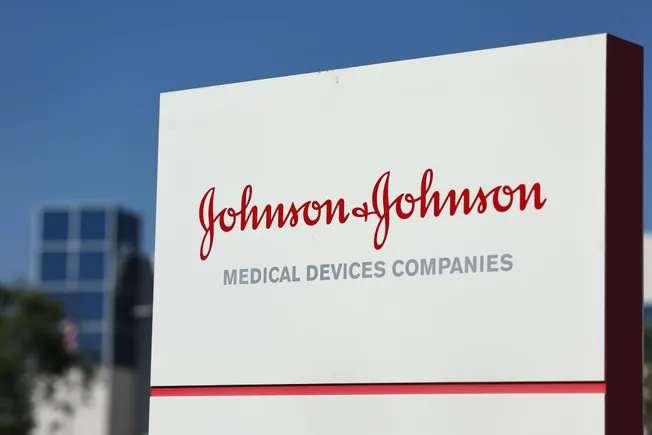Medtech earnings season starts this week with third-quarter results from Johnson & Johnson, Abbott and Intuitive Surgical. The updates will provide an early look at how key markets such as pulsed field ablation (PFA), diabetes technology and surgical robotics evolved as summer turned to fall.
RBC Capital Markets analysts said the medtech operating environment was stable in the third quarter, which could support growth. However, Hurricanes Helene and Milton, which struck in the third and fourth quarter, respectively, could affect the industry. Writing before Hurricane Milton hit Florida last week, J.P. Morgan analysts said Hurricane Helene was likely to cause procedure delays and cancellations that have a small effect on all companies.
The start of the calendar year’s fourth quarter also brought a brief strike at U.S. ports. J.P. Morgan analysts identified the strike as a factor that could impact the medtech industry.
Read on for MedTech Dive’s preview of what to look out for in the first week of earnings for the industry:
1. Johnson & Johnson
J&J could shed light on how PFA devices are affecting the electrophysiology market when it reports its results on Tuesday. The company has yet to bring its own PFA device to the U.S. market but, as a provider of radiofrequency and mapping systems, its electrophysiology business is being affected by the products sold by Boston Scientific and Medtronic. J&J has seen market share move to its competitors.
As of its last update, the company was aiming to win Food and Drug Administration approval for its own PFA device late in 2024 or early in 2025. The timing depends on the FDA, but the earnings call will provide J&J with a chance to share any changes since its last update.
There are signs J&J’s existing products may have performed well commercially in the third quarter. RBC analysts said in a note to investors that they “expect the stable operating medtech operating environment” to aid J&J’s results. The stability could help J&J bounce back from the failure of its medtech unit to meet the company’s internal sales growth target in the second quarter.
2. Abbott
Abbott will provide another angle on the electrophysiology market Wednesday. Like J&J, the company has an electrophysiology unit, including mapping systems used in pulsed field procedures, but has not yet brought its own PFA device to the U.S. market. Abbott’s update could provide further insights into the electrophysiology market and clarity on its own path to market now that its pivotal PFA trial is fully enrolled.
J.P. Morgan analysts said in a note to investors that “electrophysiology should continue to hold up better than expected in the low-teens growth range.” Sales at Abbott’s electrophysiology unit grew 13% year over year in the second quarter, driven by a nearly 17% increase in the U.S.
While Abbott is playing defense in electrophysiology, the company has its own growth drivers that could drive sales up in the third quarter. J.P. Morgan analysts said they think reports of shortages of Libre 3 continuous glucose monitors are “a sign of strong demand as opposed to any meaningful manufacturing challenges.” The launches of the tricuspid valve repair system Triclip and pacemaker Aveir could also fuel growth.
3. Intuitive Surgical
Intuitive will wrap up the first week of earnings on Thursday with an update on the launch of its new da Vinci 5 robot. System placements beat expectations in the second quarter, and J.P. Morgan analysts have seen positive signs going into the latest update.
The analysts wrote that placements of da Vinci 5 will likely remain strong behind solid demand, as well as no softening in demand for da Vinci Xi. They added that “customers could be negotiating Xi contracts with upgrade clauses to [da Vinci 5] when supply becomes available.”
The placement of 75 da Vinci 5 systems is the “sweet spot” for the quarter, according to J.P. Morgan, but that mark could be conservative.
They listed weak demand for bariatric weight-loss procedures, strikes by physicians in Korea and anticorruption pressures in China as factors that could limit procedure growth in the quarter. However, the analysts have seen nothing to suggest there has been a meaningful slowdown in procedures.
“We think if anything, the environment has improved modestly in China with the government announcing various stimulus initiatives,” they wrote. “While we don’t have any indication that physician strikes in Korea are improving yet, we expect there to be a healthy backlog build-up from this that will eventually be a nice tailwind for procedure growth.”

